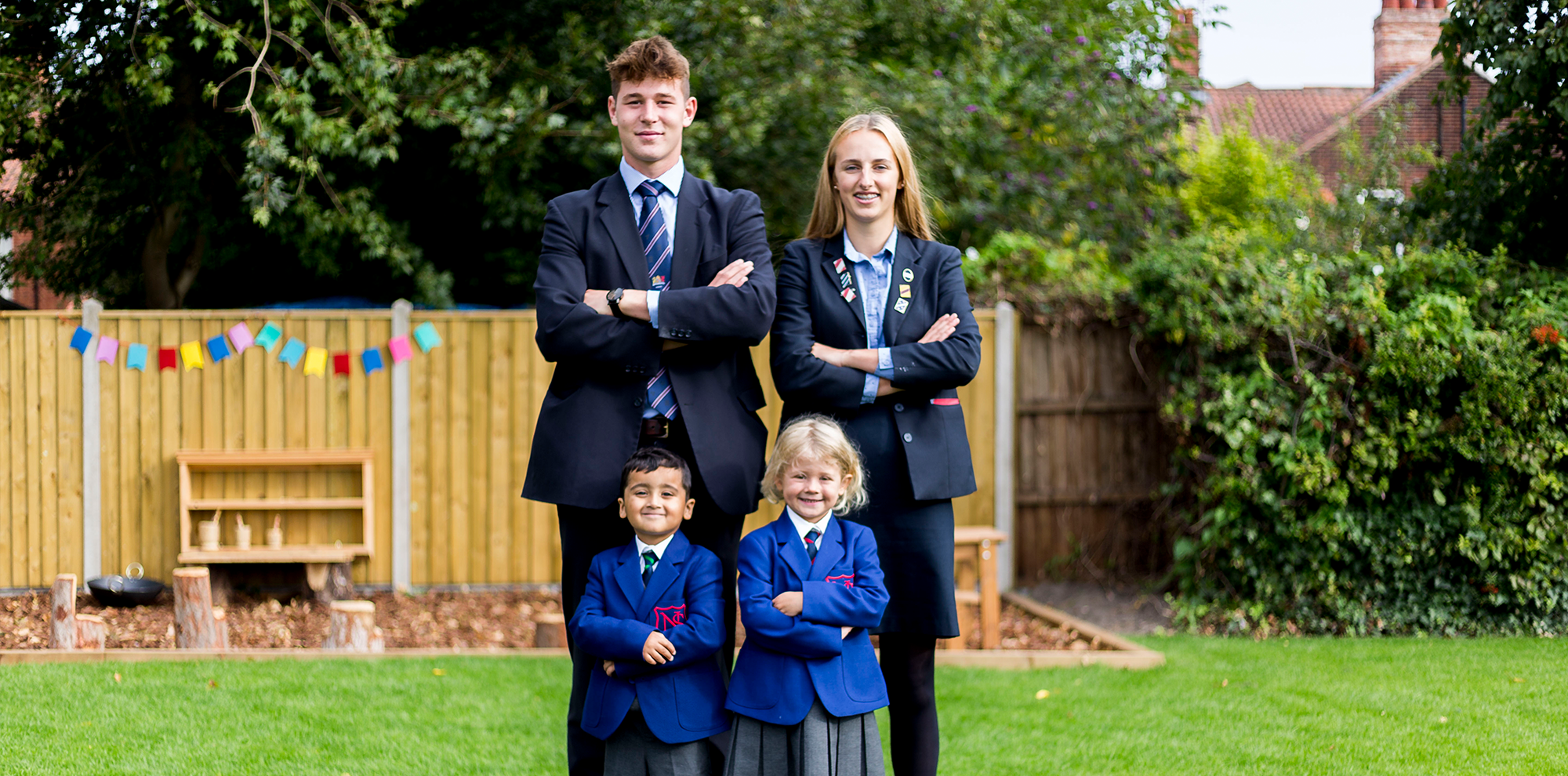Our chaplain Reverend Child has recently answered some questions as part of an upcoming article for the Independent School Parent magazine. The article focusses on modern day chaplaincy, how the role has developed, and how it links to pastoral care and wellbeing programmes in schools.
What is the role of a modern chaplain?
A modern chaplain tries to serve the spiritual and pastoral needs of modern pupils and modern parents. It's a role that changes as the world changes. Whenever there is a new emphasis or a new anxiety around (from Brexit to ISIS to Instagram), a school chaplain has new things to address. But some parts of the job never go out of date. People facing a crisis or a bereavement need the same care and sympathy they have always needed, and when I'm asked to pray for someone, I do so in the same way people have done for years.
How do you balance chaplaincy with the increasingly secular environment of the outside world?
Conversations between the secular world and the church are actually quite interesting and dynamic at the moment, as the success of a TV programme like 'Rev' shows. At a time when society is re-evaluating all sorts of issues, from politics to gender issues to the role of religion, a chaplain can have a role in stimulating informed conversations. As part of my role, I teach our citizenship programme, where many of these issues arise. During these lessons, I'd rather pupils were thinking carefully for themselves and engaging in healthy debate than agreeing with me automatically.
How does it work in a more multi-faith setting and is there more of a multi-faith setting these days?
Norwich School has an obviously Christian heritage - it's hard to miss the rather large building with the spire that watches over everything that goes on. (There are many connections with the cathedral that are hugely enriching, and you couldn't wish for a better place to begin the school day.) The fact that we can explore this distinct heritage in depth means that we can do the same with other faiths and cultures, without needing to be embarrassed by the differences or pretend they aren't there.
Do you teach in school/ do you work alongside the pastoral staff and how does this work?
I'm one of the people that pupils, staff and families know they can turn to if they need to talk something through, and at the beginning of the year I remind people that, like many clergy, I've talked to a wide variety of people over the years and I won't be shocked if someone needs to get something out in the open. But one of my favourite things about school chaplaincy is working alongside gifted and caring colleagues. I think the pastoral work of the school is at its best when we are a team, making the most of each other's expertise, having judicious conversations with each other and with parents. Everyone gets a better view of what's going on and it can make all the difference.
I'm involved in a variety of subjects. I teach Religious Studies and citizenship with my chaplain's hat on, but I also join in with sport, drama, debating and other subject areas. It keeps life interesting and is a great way to get to know people.
Is there anything unique about the chaplain/chaplaincy in your schools?
I have a background in literature and creative writing, and there are various opportunities to bring this into school life. One rewarding project was writing a Passion Play, blending the medieval tradition with our modern context. We had the perfect venue (the cathedral), some keen actors (Year 9 and 10 pupils), an audience (parents and friends) and expert advisors (the drama department). Where else could you find all these things in one place?

